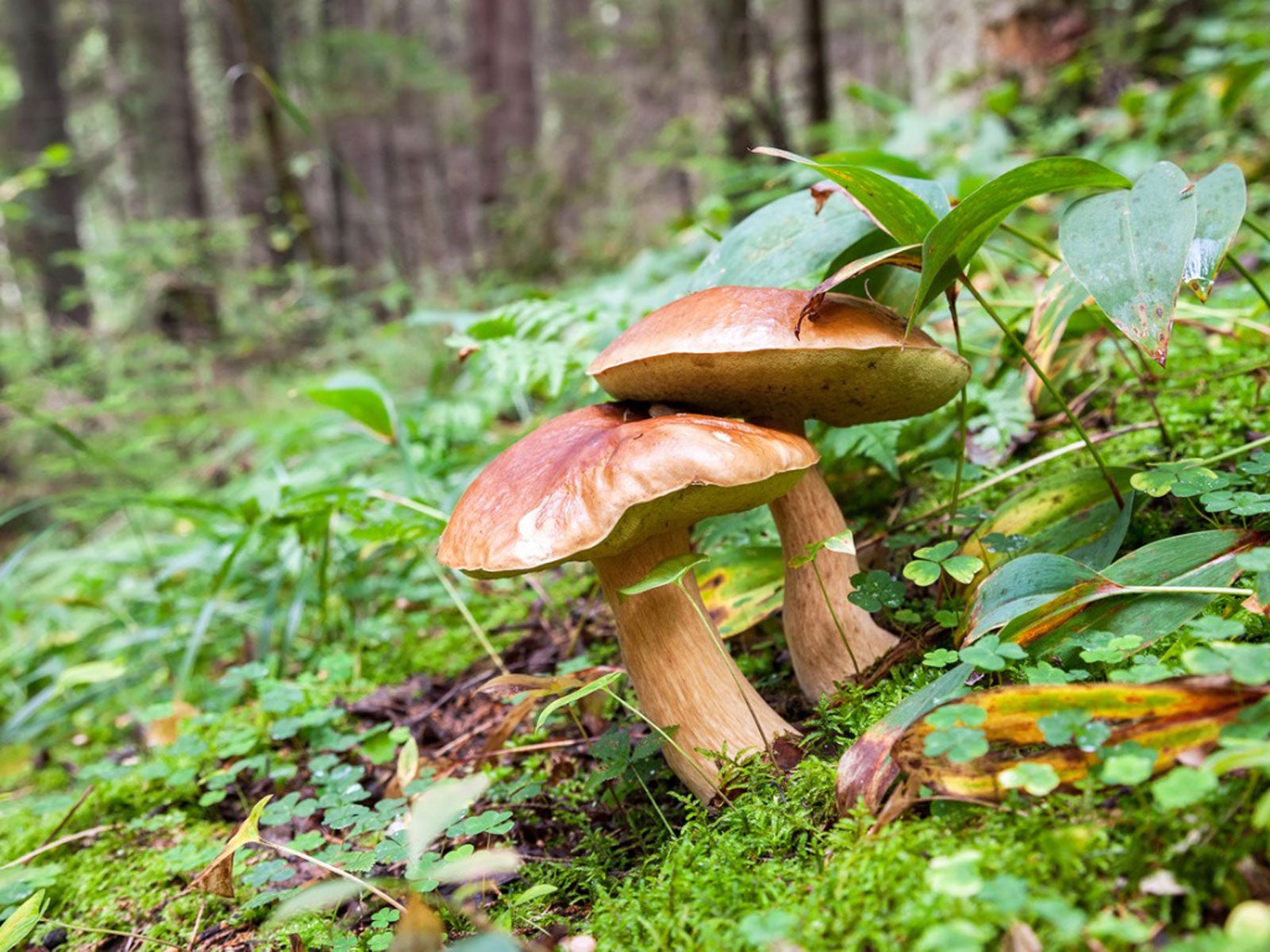Environmental Benefits Of Fungi: Are Mushrooms Good For The Environment


Sign up for the Gardening Know How newsletter today and receive a free copy of our e-book "How to Grow Delicious Tomatoes".
You are now subscribed
Your newsletter sign-up was successful
Are mushrooms good for the environment? Fungi are often associated with unwanted growth or even health problems. Molds, fungal infections, and poisonous mushrooms are certainly sinister. However, mushrooms and fungi have a place in the ecosystem and many types have important environmental benefits.
Environmental Benefits of Fungi
Fungi and mushroom benefits in the environment are huge. Without them, dead plant and animal matter would pile up and decay much more slowly. Fungi are essential for processing dead material, healthy plant growth, nutrition, medicine, and for the entire rise of animal life on earth as well as human civilizations.
Environmentally Friendly Fungi
Yes, some fungi cause infections in animals and plants, even fatal infections. Mold can make you sick, and poisonous mushrooms can be deadly. Many types of fungi provide the above benefits though, and we would be much worse off without them.
- Saprophytes: These are the fungi that recycle nutrients. They break organic matter down to create rich soil in which plants thrive. Bacteria and insects help the process, but the saprophyte fungi are responsible for most of the nutrient cycling that supports life on earth.
- Mycorrhizae: This type of fungi is also important for plant growth. They produce long, thin filaments in the soil that connect roots to create a symbiotic network. They take nutrients from plants, like trees, but also provide water and nutrients to the roots. Plants with mycorrhizae fungi thrive compared to those without them.
- Edible and Medicinal fungi: Many species of fungi are edible and provide essential nutrients for many animals. Caribou, for instance, eat lichen in the winter when plant life is not available. Without those fungi, they couldn’t survive. For humans, many edible mushrooms provide nutrients and health benefits. Some even have medicinal properties and can boost immunity, guard against inflammation, and treat infections. Penicillin came from mold after all.
- Yeast and Alcohol: Alcohol is more than just a fun party drink and we would not have any of it without yeast, a fungus. Thousands of years ago people first fermented foods to make alcohol using yeast for health reasons. The alcohol was often cleaner and safer to drink than water. Human civilizations grew around these safer beverages, including beer and wine.
If all of this is inadequate to make you appreciate fungi, consider this fact: life as we know it on earth today may not exist without them. The earliest, truly complex organisms on land were fungi, hundreds of millions of years ago. They turned rocks into soil, made plant life, and subsequently, animal life possible.
So the next time you see mushrooms or other fungi growing in the landscape, usually in moist, shadier areas, let them be. They're just doing their part in creating a healthier environment.
Sign up for the Gardening Know How newsletter today and receive a free copy of our e-book "How to Grow Delicious Tomatoes".

Mary Ellen Ellis has been gardening for over 20 years. With degrees in Chemistry and Biology, Mary Ellen's specialties are flowers, native plants, and herbs.